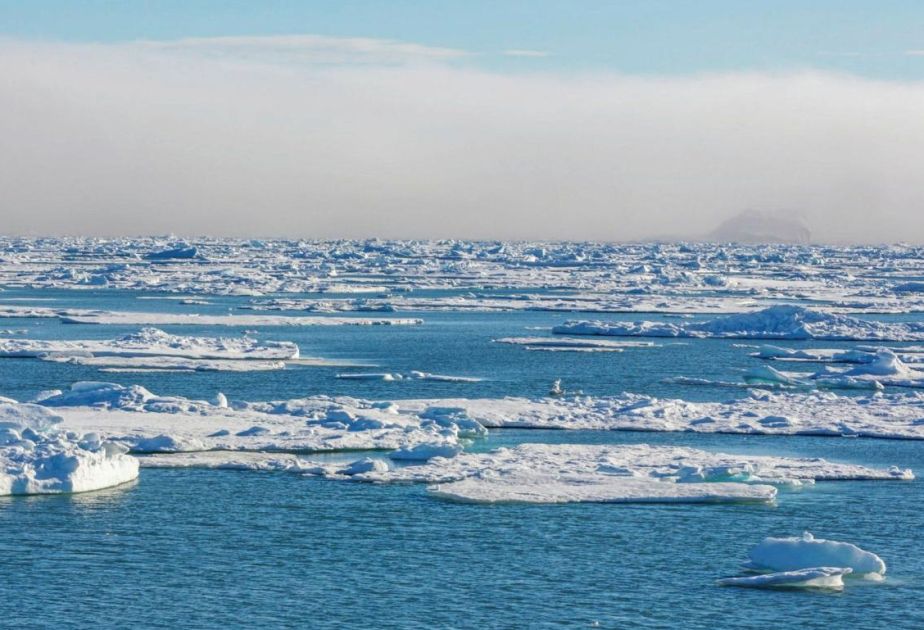February 2025 was one of warmest months on record

By Alimat Aliyeva
Global temperatures continue to reach record levels, Azernews reports.
February of this year became the third warmest month in recorded history, despite the cooling effect of the La Niña climate phenomenon.
At the same time, sea ice has reached an all-time low, with its extent being the smallest ever recorded by satellites since 1978. Notably, unusually high temperatures were observed in northern regions, where temperatures were 6-7 degrees Celsius higher than the 1990-2020 average. Ocean warming continues to contribute significantly to the melting of ice sheets.
According to Samantha Berges, deputy director of the Copernicus Center, the record-breaking temperature trend observed over the past two years continued into February 2025.
"The two warmest years on record were 2023 and 2024, and this trend is expected to persist into 2025." January of this year was the warmest month ever recorded, and February ranked as the third warmest. "The average temperature is 1.59 degrees Celsius higher than pre-industrial levels, surpassing the global 1.5-degree Celsius threshold," experts from Copernicus have stated.
The reduction in sea ice area contributes further to global warming, as ice naturally reflects solar radiation, while open water absorbs heat, intensifying the warming process.
Scientists have pointed out that the abnormally high temperatures observed in the last two years exceed what would be expected from anthropogenic greenhouse gas emissions alone. In fact, some estimates suggest that the warming in 2023-2024 was twice as intense as initially predicted.
One possible explanation for this dramatic surge, discussed by researchers, is the reduction in aerosol particle emissions from shipping, following the implementation of stricter environmental regulations in 2020. These aerosol particles previously helped reflect solar radiation, and their decline could lead to more heat being trapped in the atmosphere.
Experts are increasingly concerned about the rapid acceleration of global warming and continue to investigate the various factors behind this abnormal rise in temperatures. The situation underscores the urgency of addressing climate change, as the effects of warming are becoming more apparent and far-reaching. Beyond rising temperatures, these changes can result in more extreme weather events, shifting ecosystems, and greater challenges for human societies.
Here we are to serve you with news right now. It does not cost much, but worth your attention.
Choose to support open, independent, quality journalism and subscribe on a monthly basis.
By subscribing to our online newspaper, you can have full digital access to all news, analysis, and much more.
You can also follow AzerNEWS on Twitter @AzerNewsAz or Facebook @AzerNewsNewspaper
Thank you!
